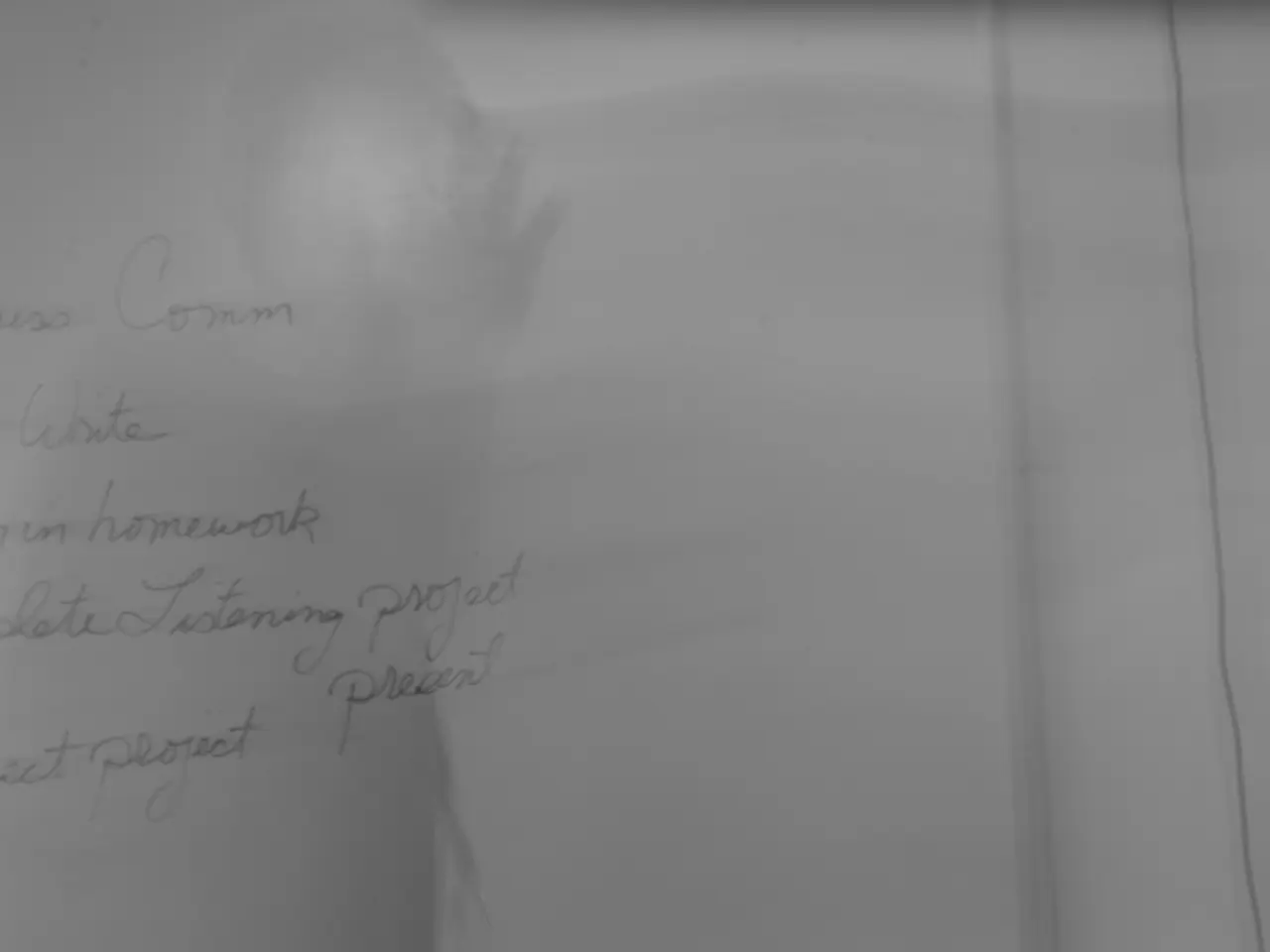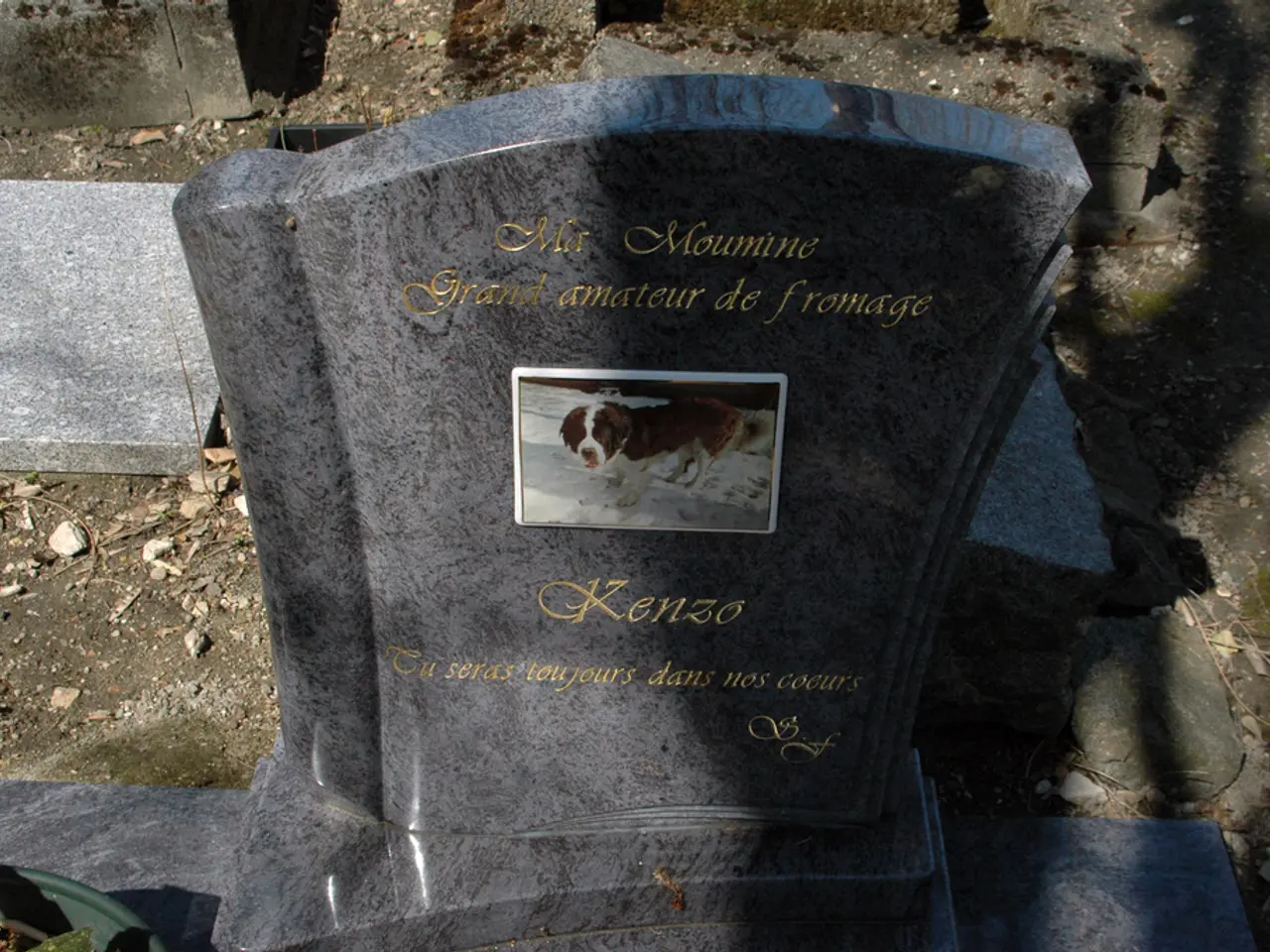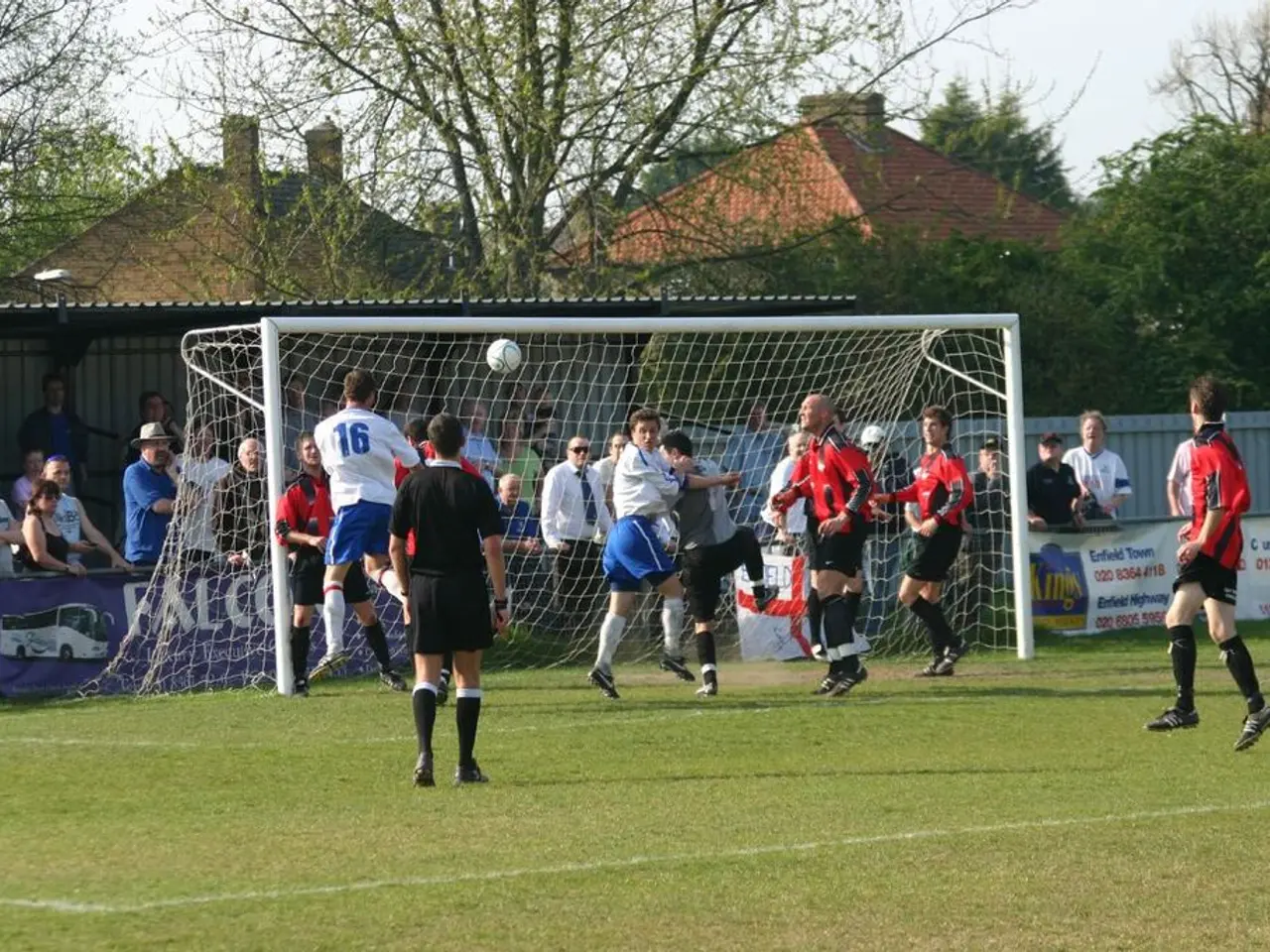TEHRAN
Trump declares Iran-Israel truce already active
American President Donald Trump announced a ceasefire between Iran and Israel is now effective, imploring both sides to abide by the truce. This development comes after days of intense conflict.
Trump shared the news on his Truth Social platform, stating, "No more hostilities—it's time for peace! The ceasefire is in effect. Do not break it!" He had initially stated that this 24-hour ceasefire would commence around 4 a.m. Greenwich Mean Time (GMT) on Tuesday, with Iran temporarily halting all operations first. Israel was to follow suit 12 hours later.
Israel confirmed on Tuesday its agreement to a "bilateral ceasefire" with Iran after 12 challenging days of war with their arch-enemy. Israel's prime minister declared that the objectives of Operation 'Rising Lion' had been successfully accomplished, greatly reducing the immediate threat of nuclear and ballistic attacks. Israel remains prepared to retaliate if the ceasefire is violated.
Regrettably, Israeli casualties were reported following an Iranian missile strike, with four fatalities confirmed by Israeli rescuers. Iranian state media, meanwhile, claimed new missiles were heading for Israel after Trump's ceasefire announcement. Sirens were subsequently activated in Israel's northern region, and emergency services reported additional casualties from an Iranian missile strike in Israel's south.
"There has been agreement between Israel and Iran for a Complete and Total CEASEFIRE," Trump declared on his social media platform, adding that the conflict would conclude after a 24-hour period, provided both sides remained peaceful and respectful during the process.
However, Iran's Foreign Minister, Abbas Araghchi, clarified that "to date, there is no documented 'agreement' on a ceasefire or abatement of military operations." Araghchi explained that Iran would suspend its response if Israel ceased attacks on Iranian citizens before 4 a.m. Tehran time.
Explosions continued in Tehran overnight, impacting the north and center of the city, according to AFP journalists, as Iranian officials worked to de-escalate tensions and avoid a broader conflagration.
The adversaries have been trading missile fire since Israel executed a surprise attack on Iranian nuclear and military sites on June 13th. The conflict had since alarmed global leaders, who expressed concerns about the potential for escalation igniting a larger regional conflict.
French President Emmanuel Macron and China both urged de-escalation, advocating for a halt to the spiral of chaos. The escalating tensions culminated in Iran's launch of missiles at the largest U.S. military facility in the Middle East—Al Udeid Air Base in Qatar. Trump termed Iran's move "very weak" following advance notice of the barrage.
Iran's National Security Council confirmed that it had targeted the base "in response to the U.S.'s aggressive and insolent action against Iran's nuclear sites and facilities." However, the council also emphasized that the number of missiles launched mirrored the number of bombs used by the U.S. in its attacks, a signal of intent to avoid an escalation.
France and other nations have expressed concerns that intensified hostilities could escalate into an expansive regional conflict. Time will tell if the ceasefire arrangement holds and leads to a long-lasting peace between Iran and Israel.
- The ceasefire between Iran and Israel, announced by American President Donald Trump, highlights a shift in war-and-conflicts discourse, as it has been dominating general-news headlines and complex politics over the past days.
- The ongoing ceasefire between Iran and Israel is drawing significant international attention, as global leaders such as French President Emmanuel Macron are expressing serious concerns about the potential for the war-and-conflicts situation to escalate into larger regional conflicts, illustrating the profound impact of politics on this volatile situation.






